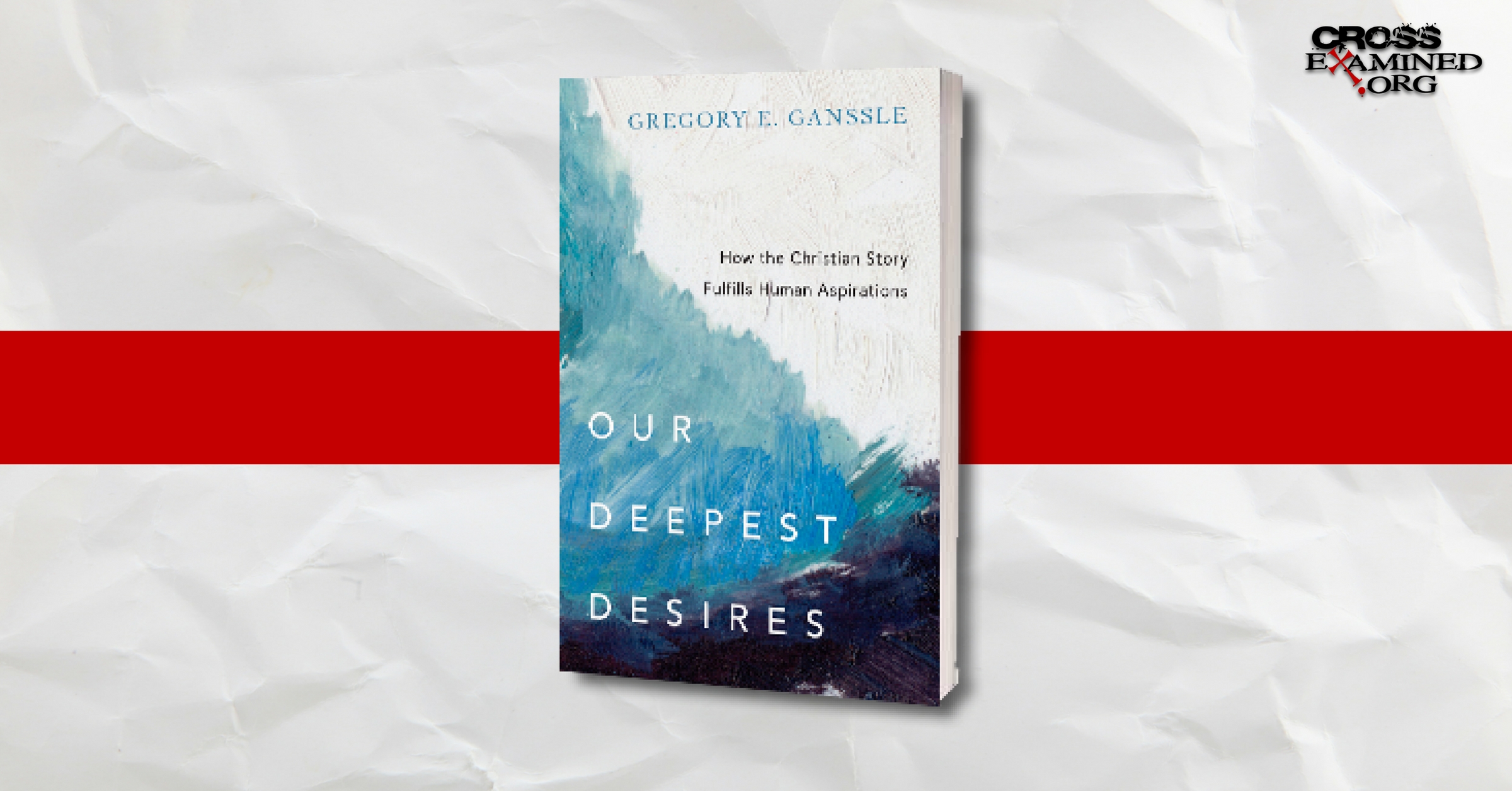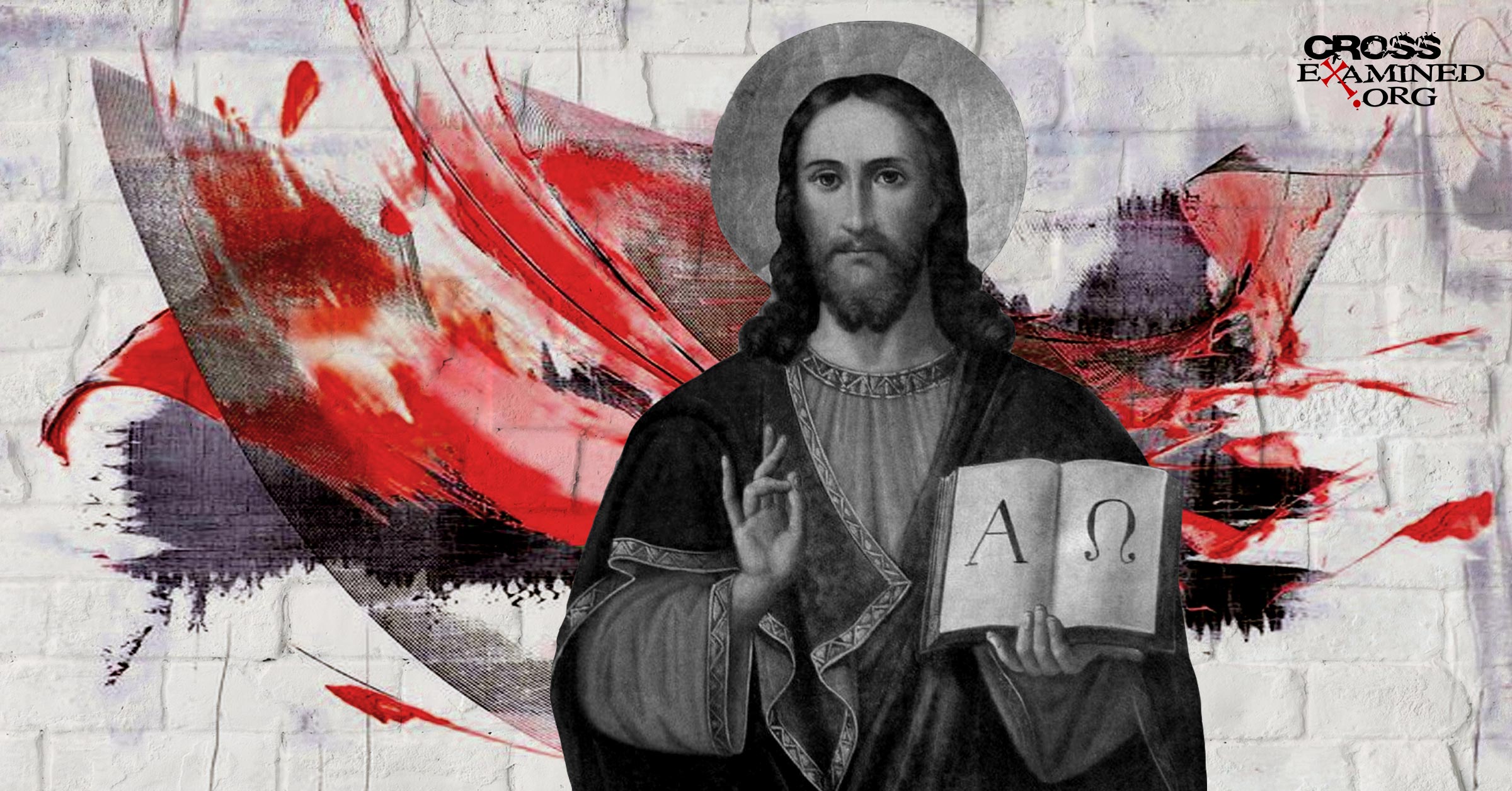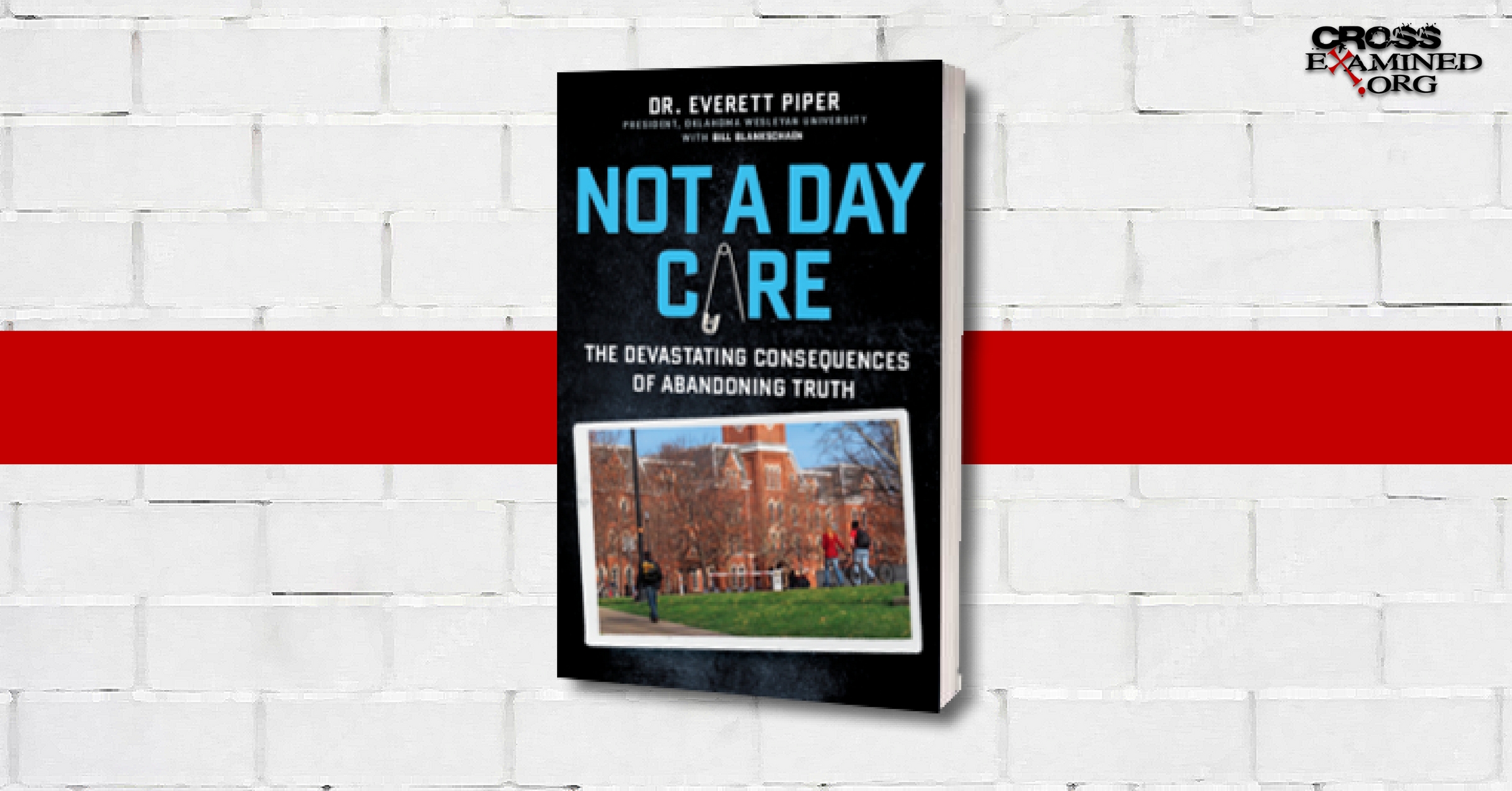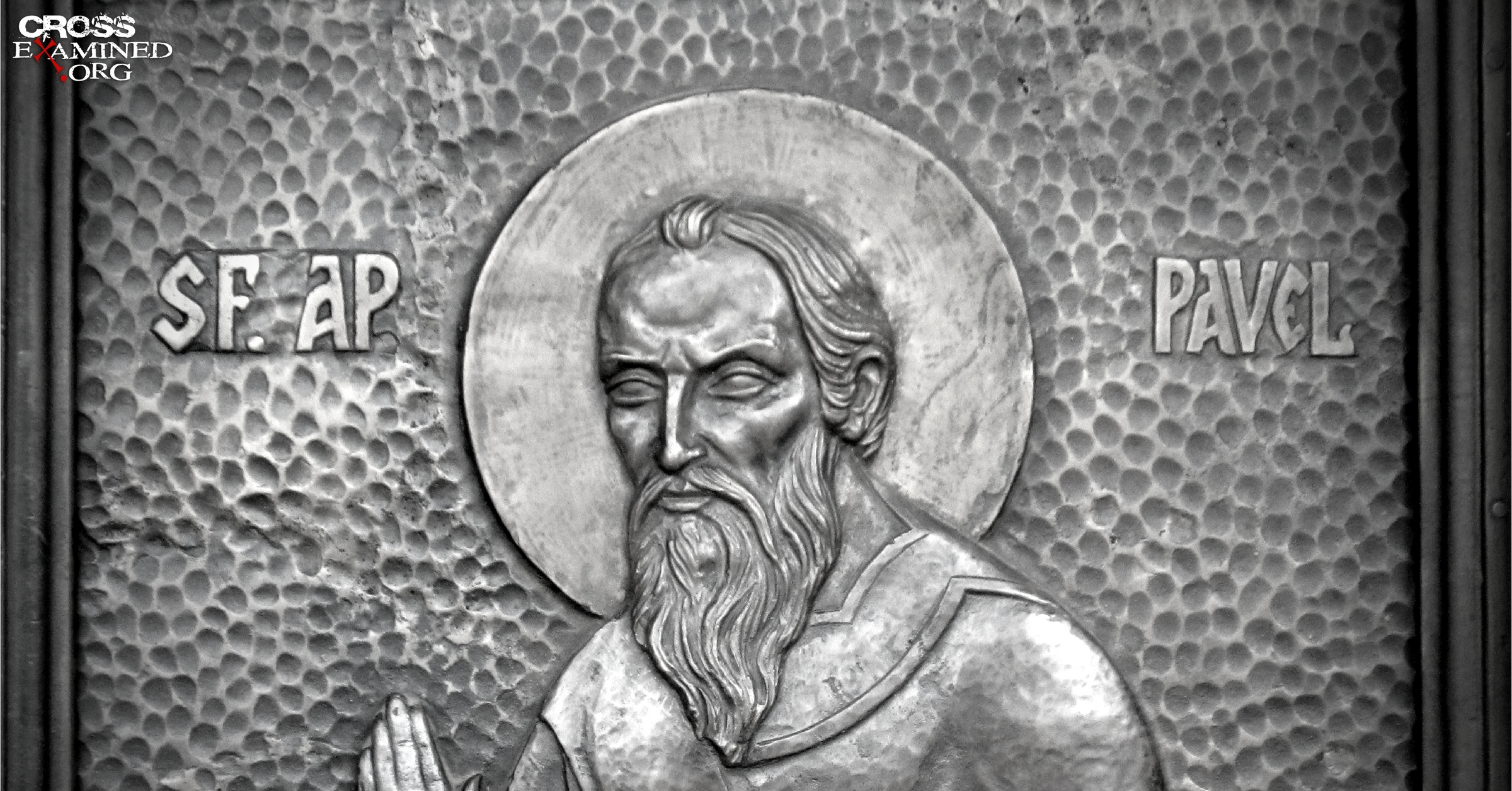How Does Christianity Fulfill our Deepest Aspiration? Author Interview
My friend and Biola colleague Greg Ganssle has written a fascinating new book called Our Deepest Desires: How the Christian Story Fulfills Human Aspirations. Professor Ganssle takes a unique approach to the apologetic task. Essentially, his goal is not to show that Christianity is true, but to argue that when it is properly understood, people should wish it were true. He talks about how tragedy, beauty, and freedom make the most sense in a Christian worldview and that only Christianity fulfills our deepest desires.
Our Deepest Desires is one of the most interesting books I have read in awhile. I hope you will check out this interview and think about getting a copy of his excellent book:
SEAN MCDOWELL: Can you tell us briefly what your book is about?
GREG GANSSLE: As the subtitle indicates, the book is about how the Christian story explains and grounds our basic aspirations. Every person has the same task—that is we all aim to navigate life in the best way we can. We navigate life with some notions of what it is good to be and to do. These notions are widely shared among people, regardless of their religious beliefs or lack of them.
I structure the book around four fundamental commitments that are widely shared. First, there is the commitment to persons. Nearly everything we care about is connected to human beings. Second, is the commitment to goodness. We want to be good and we enjoy what is good. Third, we are drawn towards beauty. Beauty calls us home in two ways. First, it calls us to see that this world is a wonderful place. Second, it points beyond this world to the next. Lastly, we long for personal freedom. That is the freedom to become the kind of people we want to be.
Each of these areas makes sense in the Christian story. God, the most fundamental reality, is personal. He is good and made a good world for his own good reasons. We are not surprised to find the world to be beautiful because he is a master artist. God created us to embody certain virtues, and we find our own freedom as we experience these.
MCDOWELL: The goal of your book is to convince people they should hope Christianity is true. What do you mean, and why start there?
GANSSLE: I start there because I think that most people do not care whether or not Christianity is true. They are already convinced that it is a story that hinders human flourishing, rather than a story that secures and promotes flourishing. What is startling is the fact that the things most human beings care most about fit better within the Christian story than they do in the various atheistic stories. Once we see this connection, we see that we want the Christian story to be true. Of course, the fact that we want it to be true does not show that it is true. But once a person wants it to be true, the objections to the truth of the Gospel seem much smaller.
MCDOWELL: Who is the primary audience?
GANSSLE: As I wrote this book, I was thinking of the many professors I know who are not yet followers of Christ. I was trying to overcome what I see as the biggest obstacle to belief in Christ–that the Christian story is unattractive. Nietzsche quipped, “What is decisive against Christianity now is our taste, not our reason.” I am trying to overcome the sense that the Christian story is not to be desired.
MCDOWELL: How might those who are already believers use and benefit from this book?
GANSSLE: There are two ways this book can benefit those who are already followers of Jesus. First, it can help us grasp the Gospel more deeply. We often have a superficial understanding of the Christian story. As a result, we fail to see its intrinsic relevance to the deep aspirations of every person. Our own appreciation of the Christian story will be enriched as we reflect on how it provides the resources to capture the most common human aspirations.
Second, this book will be a good tool to start conversations. You can hand it to a thoughtful person and discuss it later. Because it is not a work of scholarship, it is accessible to all kinds of people. I even made sure the chapters were short! I would recommend giving it to neighbors and following up with some questions.
MCDOWELL: What message is there for the church?
GANSSLE: I am convinced that the next horizon for apologetics is the desirability of the Gospel. As one of my colleagues has written (Dave Horner), the Christian story is “too good not to be true.” We have been so keen to defend theological notions such as the sinfulness of every person that we have neglected the deeper theological truths of the value, goodness and beauty of all God has created. We do not believe in the omnipotence of sin. Sin twists everything, to be sure, but it cannot erase that goodness that God has put into the world and into human beings.
MCDOWELL: I have heard you mention how tragedies reveal the deepest human desires. What do you mean, and how does this support the Christian worldview?
GANSSLE: When we encounter suffering, we long for meaning. We want our suffering to be meaningful or to contribute to a meaningful life. Horrendous suffering has the potential to crush a person’s soul. Unless our meaning is securely grounded in the God who brings good out of evil, who experienced evil, and who gives us his presence in the midst of suffering, we may find it impossible to experience a meaningful life in the midst of suffering. It is Jesus weeping at the grave of Lazarus that gives us hope because he is the God who bears our suffering and offers his presence.
Sean McDowell, Ph.D. is a professor of Christian Apologetics at Biola University, best-selling author, popular speaker, part-time high school teacher, and the Resident Scholar for Summit Ministries, California. Follow him on Twitter: @sean_mcdowell and his blog: seanmcdowell.org.











Leave a Reply
Want to join the discussion?Feel free to contribute!